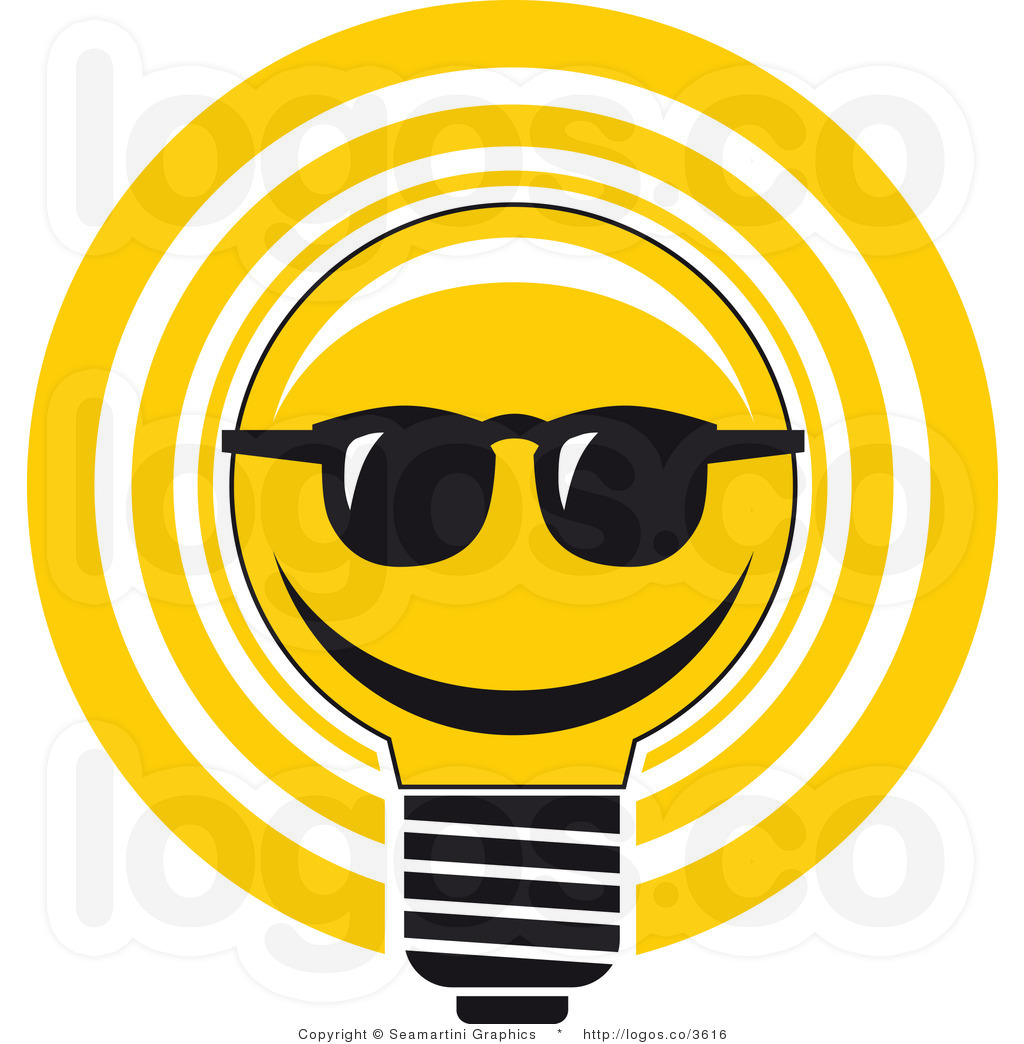Which sounds more like your reality?
- That’s the way we’ve always done it
- Let’s think outside the box
 A recent Slate article headlined, “Inside the Box: People don’t actually like creativity,” rang true for me.
A recent Slate article headlined, “Inside the Box: People don’t actually like creativity,” rang true for me.
One of the mantras I heard in business school, and again in management workshops, is that most people don’t like change. And creativity and change go hand in hand, as thinking about something differently might mean you have to do something differently.
Jessica Olien wrote in part:
This is the thing about creativity that is rarely acknowledged: Most people don’t actually like it. Studies confirm what many creative people have suspected all along: People are biased against creative thinking, despite all of their insistence otherwise.
“We think of creative people in a heroic manner, and we celebrate them, but the thing we celebrate is the after-effect,” says Barry Staw, a researcher at the University of California–Berkeley business school who specializes in creativity.Staw says most people are risk-averse. He refers to them as satisfiers. “As much as we celebrate independence in Western cultures, there is an awful lot of pressure to conform,” he says. Satisfiers avoid stirring things up, even if it means forsaking the truth or rejecting a good idea.
Even people who say they are looking for creativity react negatively to creative ideas, as demonstrated in a 2011 study from the University of Pennsylvania. Uncertainty is an inherent part of new ideas, and it’s also something that most people would do almost anything to avoid.
One big reason Olien talks about is the social pressure to get along. If you suggest something creative, it’s a risk. It’s new, it’s unproven, so some people might think it’s weird or dumb or otherwise not as acceptable as the same old thing.
If hearing doubt shuts you down, if you aren’t able to either tune it out or advocate for trying a new way, it might thwart your willingness to innovate.
Perhaps for some people, the pain of rejection is like the pain of training for a marathon—training the mind for endurance. Research shows you’ll need it. Truly creative ideas take a very long time to be accepted. The better the idea, the longer it might take. Even the work of Nobel Prize winners was commonly rejected by their peers for an extended period of time.
What does this mean for you?
If you’re the one being creative, don’t be surprised if others try to bring you back to the status quo. Expect that as part of your creative experience, and maybe even consider it validation that you’re doing something interesting enough to challenge.
If you hear yourself shooting down someone else’s creativity with phrases like “That’ll never work,” or “We tried that before” or “That’s crazy talk,” ask yourself why. Is it possible this wacky new concept could be great? And even if it’s not, what’s the downside in taking a chance?
Read the rest of Jessica Olien’s article and follow her on Twitter at @jessicaolien.


2 Comments
Leave a reply